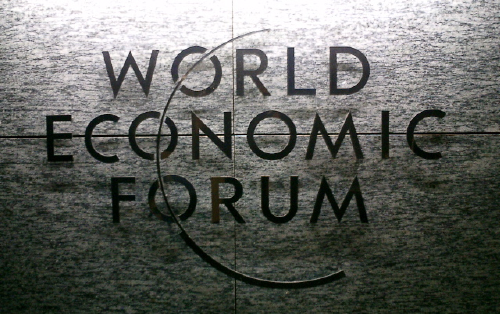World Economic Forum : More quotas for women

A few weeks ago I wrote about the CBI’s proposal that the UK’s top companies should have targets for increasing the number of women on their Boards. Now, the World Economic Forum (WEF), meeting in Davos later this month, has advised its strategic partners that one in every five of their senior executives attending the conference must be a woman. Female quotas certainly seem to be fashionable at the moment.
Apparently women participants at Davos have never exceeded 17% of all delegates (for several years the proportion of women attendees was between just 9-15%). According to the WEF Gender Parity Programme, which produced a report in 2010 on The Global Gender Gap, the introduction of quotas is a way of getting things moving.
The WEF has around 100 strategic partners (drawn from some 2,500 companies attending the event). Strategic partners span all sectors and include companies such as Google, Barclays and Goldman Sachs who are represented at Davos by the highest levels of leadership. I am sure most of these companies will have no difficulty in meeting the WEF’s new requirements regarding women attendees. However, with less than three weeks to go to the Conference, I can’t help imagining that, for some of the strategic partners, the reaction to the WEF’s announcement has been one of panic, perhaps involving a frantic search for a female employee (any female!) who was willing and available to join the male posse and tag along to Davos at short notice.
And of course, as I’ve said before, that’s the problem with quotas. I accept the argument that, until we have improved the visibility of women in leadership roles and positions of influence, change will be difficult to achieve. But forcing businesses to put more women at the top does not address the underlying issues relating to women and their development in leadership roles. Quotas are artificial; they misrepresent the reality and often breed resentment and cynicism about the drive for greater diversity in business. Perhaps the WEF sees this initiative as just one of a number of actions to address gender imbalance on a global scale. I hope so – as a single measure, quotas are unlikely to be effective.
See the WEF report here: WEF Women Leaders Report 2010
Both comments and pings are currently closed.

















